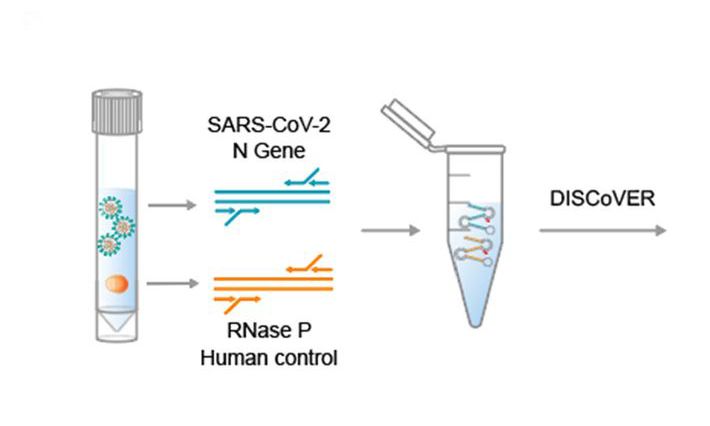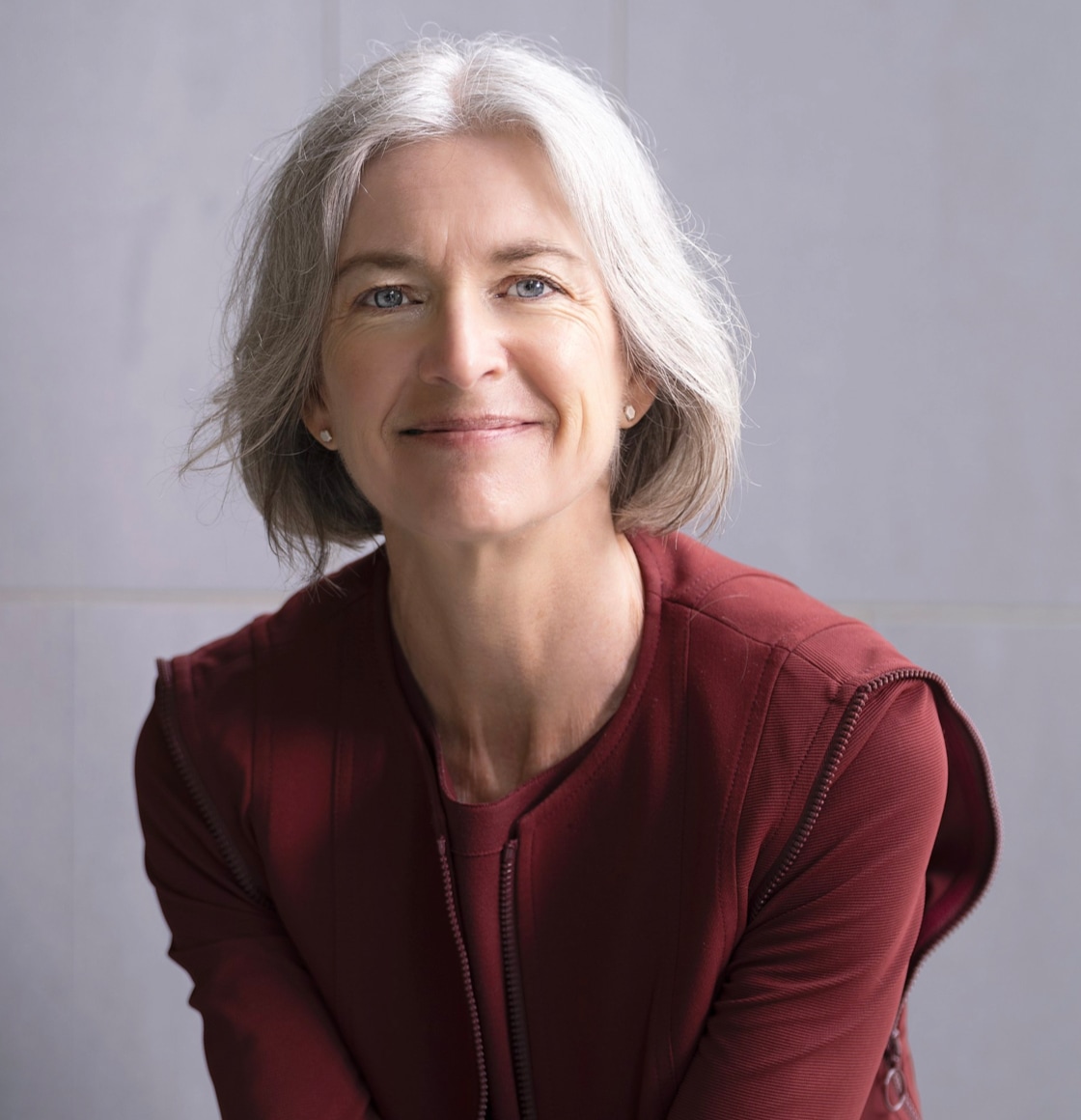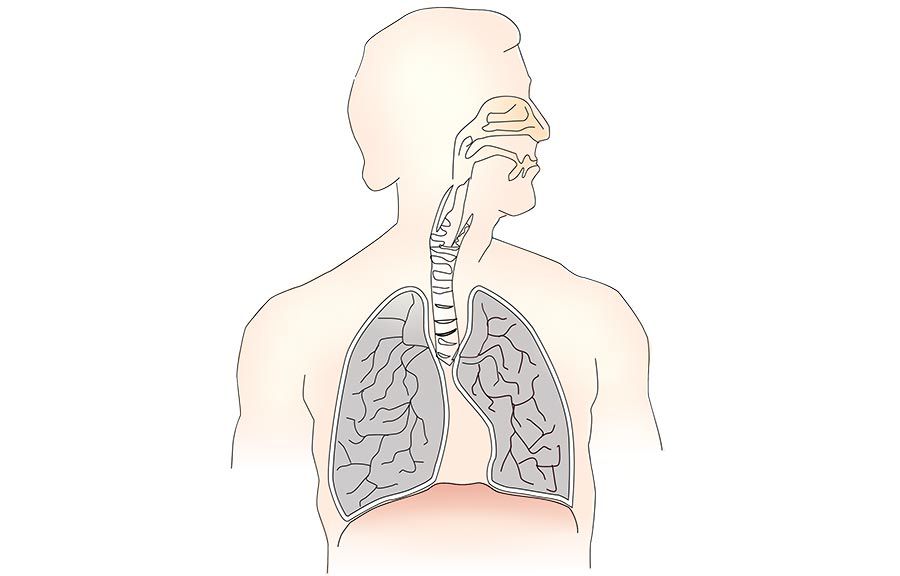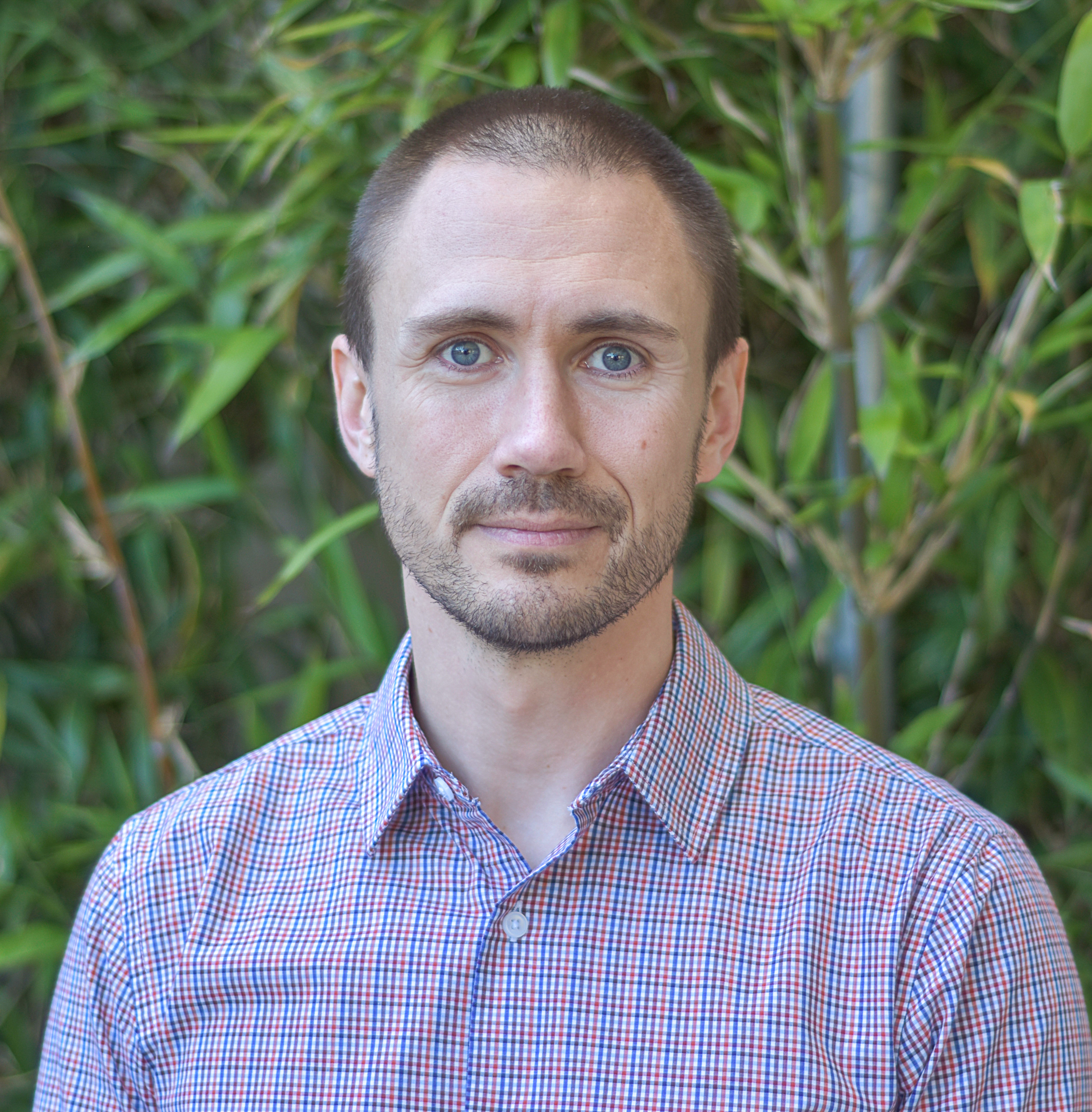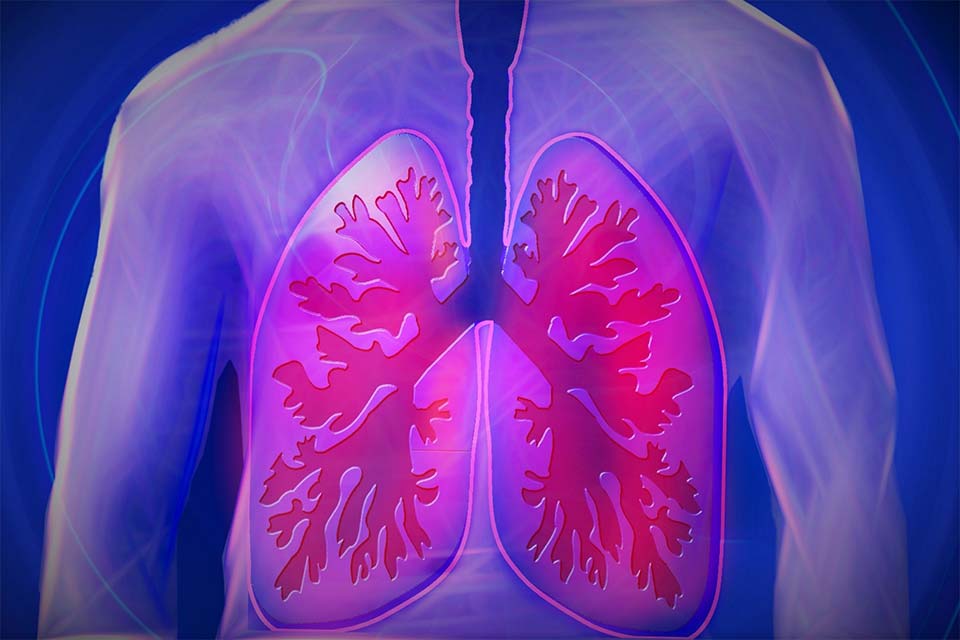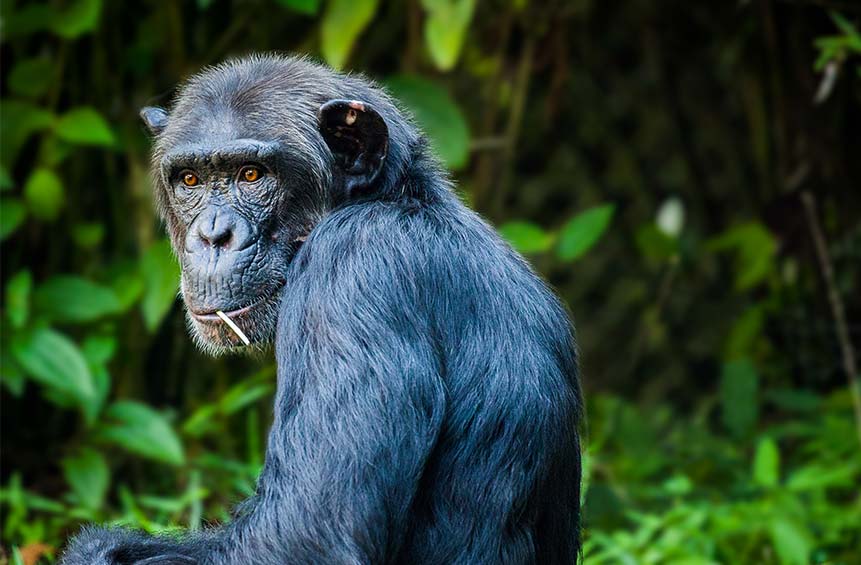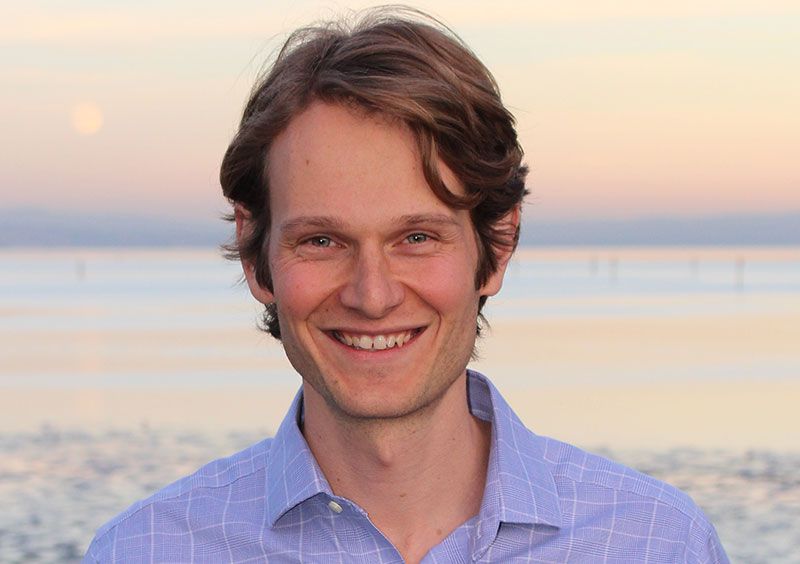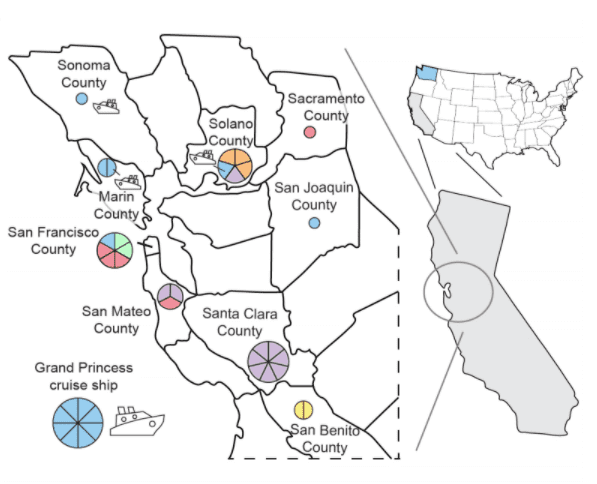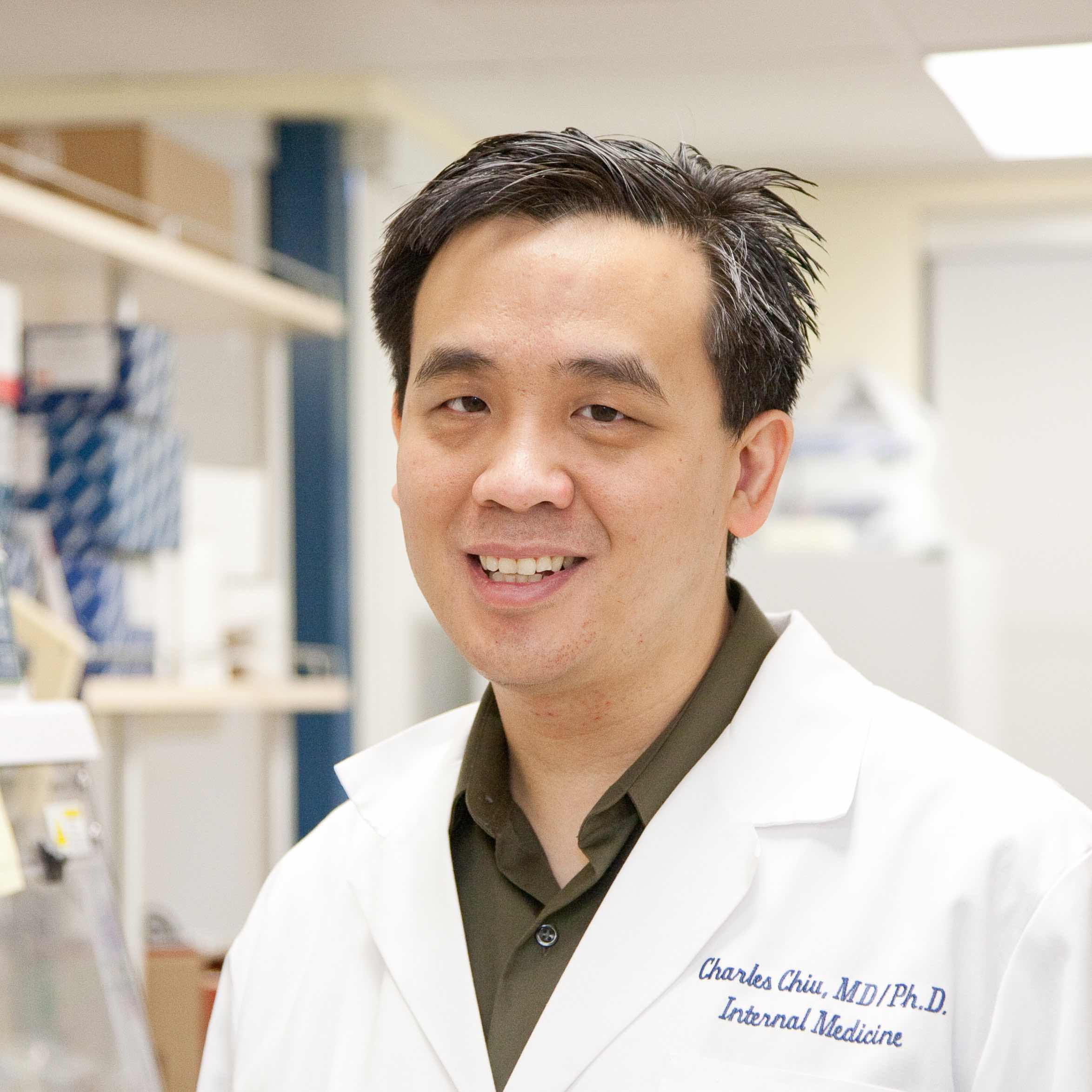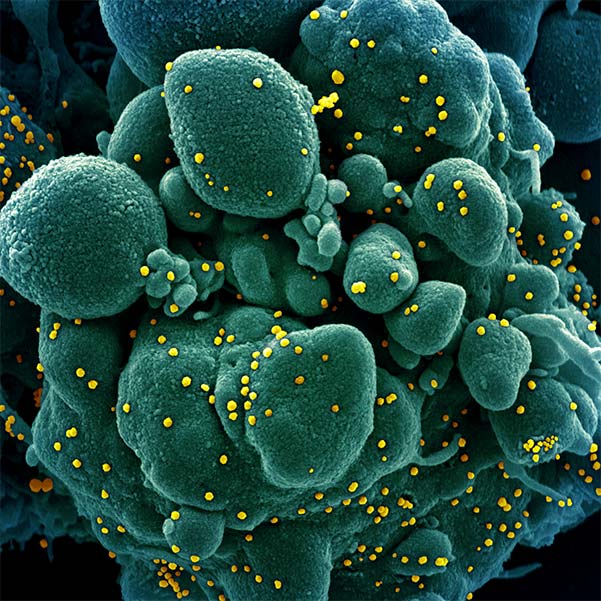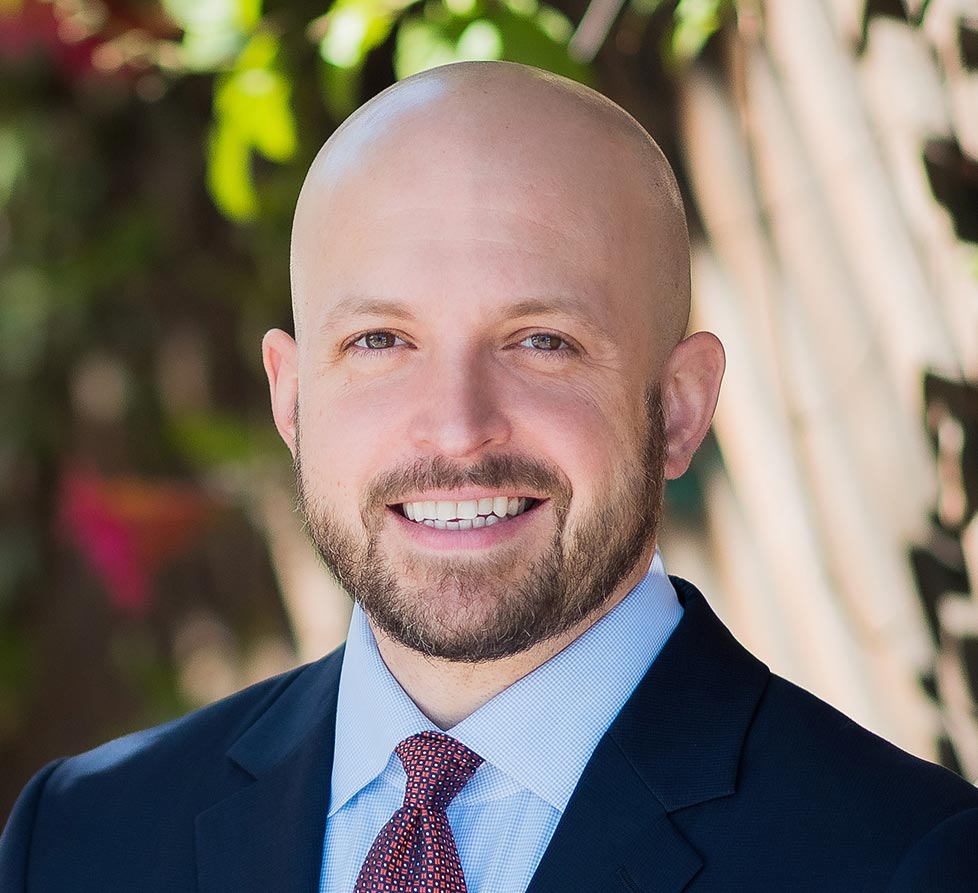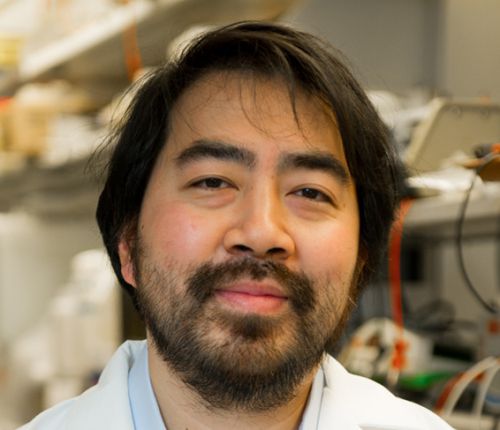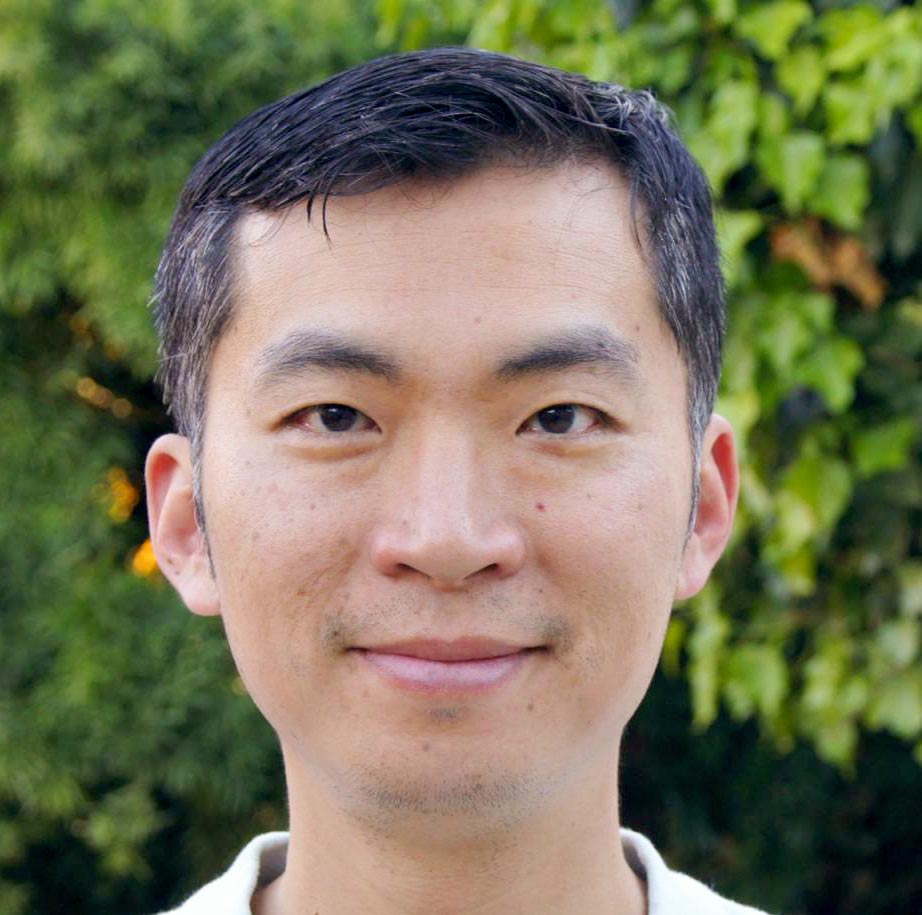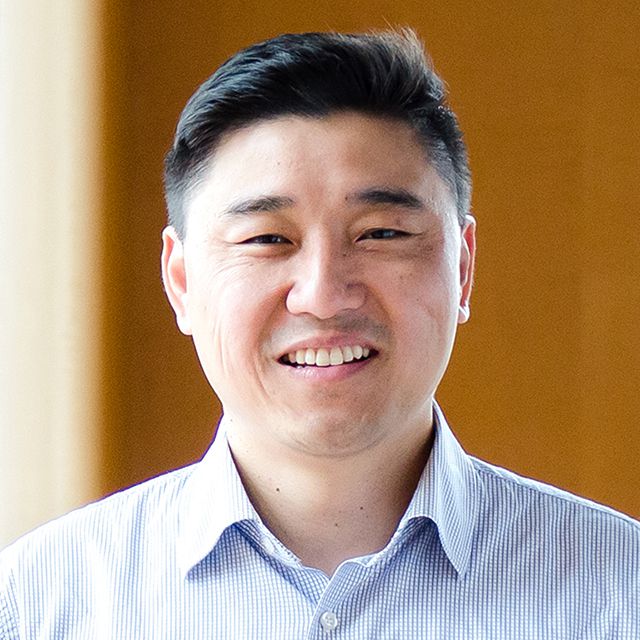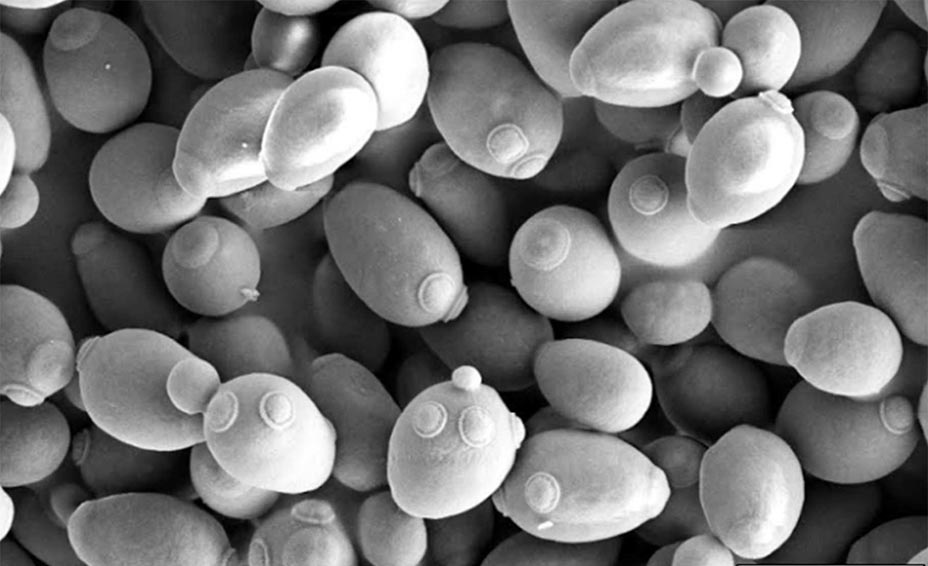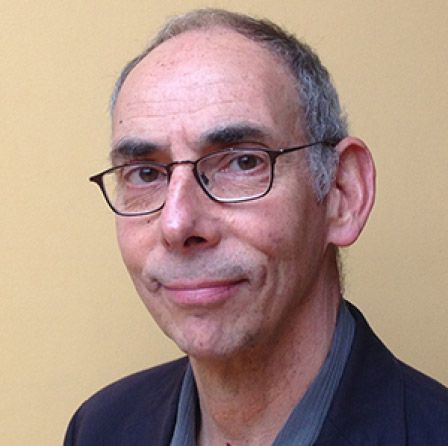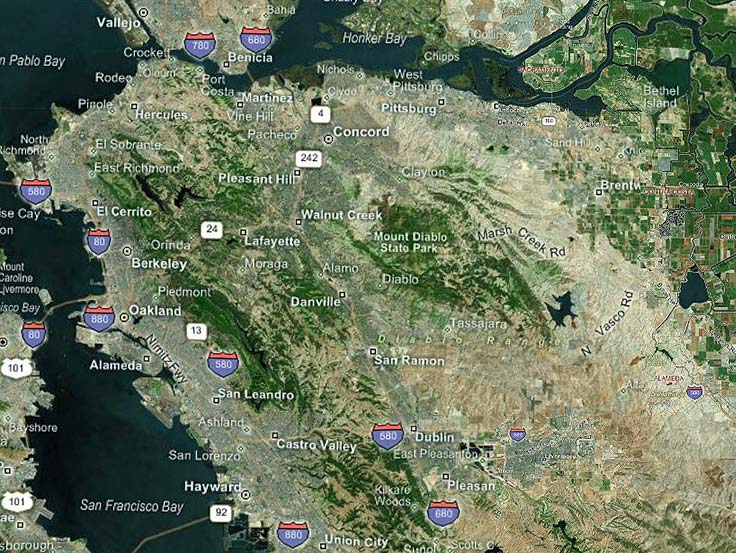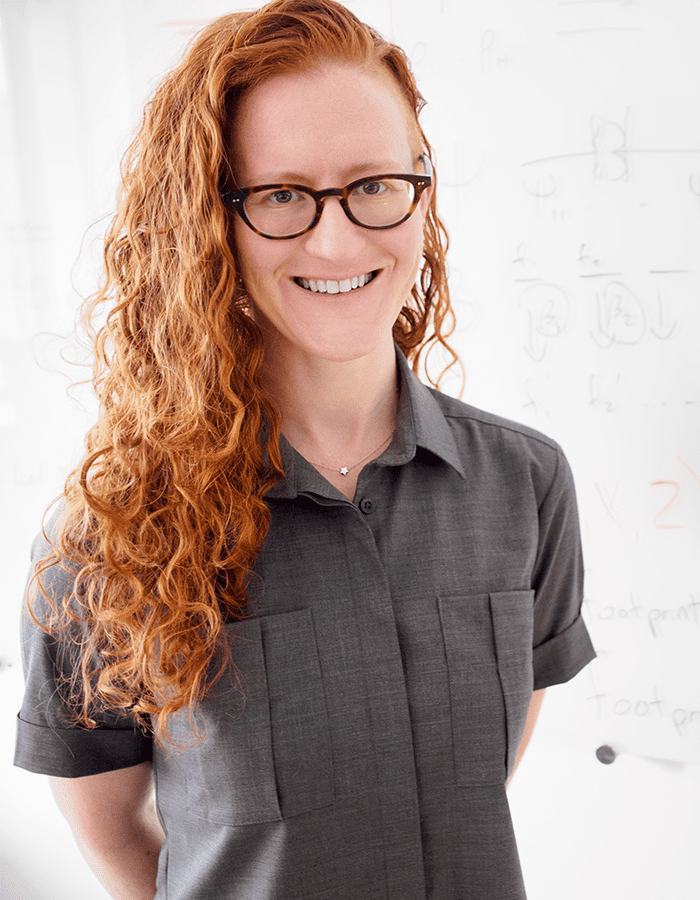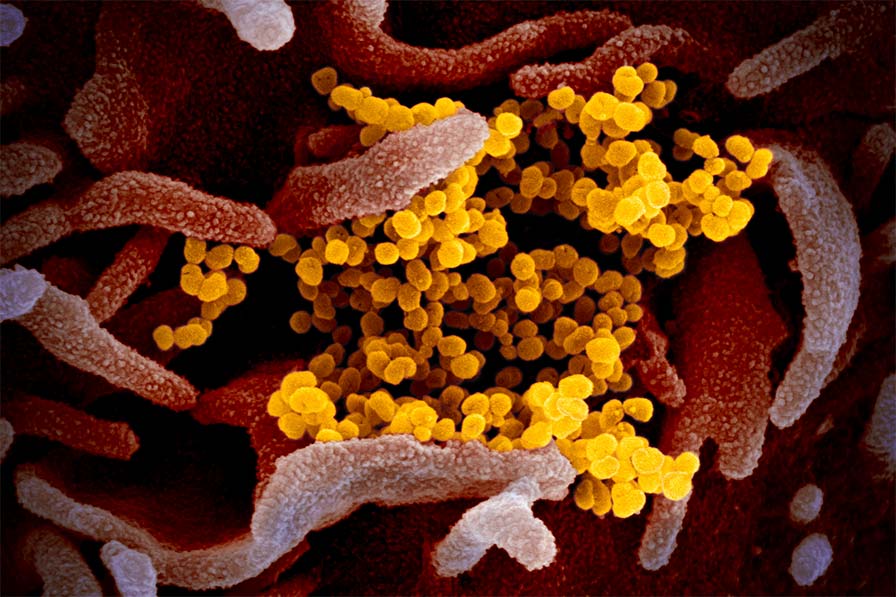Genomics
Institute
Genomic instability in cancer revealed using genome editing model systems
Completed Project
We seek to understand how cancer cell DNA changes over time so that we can one day develop better treatments.
SHARE:
Cancer is a somatic evolutionary process driven by acquisition of (epi)genetic mutations. Although the mutational patterns have been extensively characterized by cancer genomic sequencing studies, yet our knowledge of rate and evolutionary effect of mutations on tumor dynamics is limited. Fruitful evolutionary theories in population genetics have provided insights into mutation-driven tumor evolution, however, the theories/hypotheses have rarely been tested experimentally due to the difficulty of obtaining time-series genomic data in patients. Breakthroughs in in vitro 3D tumor organoid culture and the precision genome editing technique CRISPR-Cas9 pave the way to tackle these challenging problems.
This project aims to a) functionally characterize the role of mutator genes (e.g. DNA mismatch repair genes and genes causing chromosomal instability) on tumorigenesis and metastasis using CRISPR-based genome editing in primary human organoid culture and mouse xenograft models; b) define a computational approach to estimate the mutation rates of drivers (beneficial) and passengers (neutral and deleterious) based on longitudinal genomic data. We use whole-exome and deep targeted sequencing sampled longitudinally in primary organoid and xenograft models to compare wild-type vs. mutator phenotypes; c) test the theories/hypotheses of mutation rate on tumor cell evolution experimentally and computationally, such as whether mutation rate is a selective trait during tumorigenesis, the neutralization of selection under high mutation rates in an asexual population, clonal interference, mutational meltdown, etc. We hope to elucidate the fundamental principles of how mutation rate affects tumor evolution.
Share this project:

